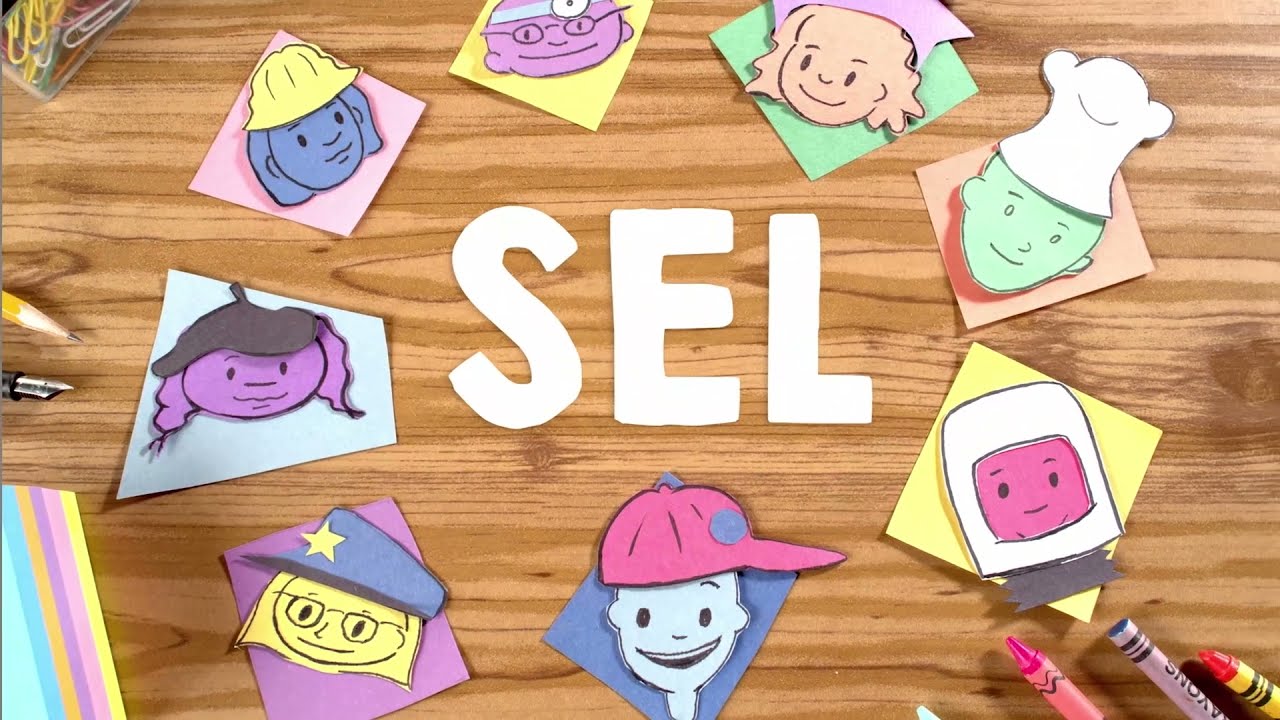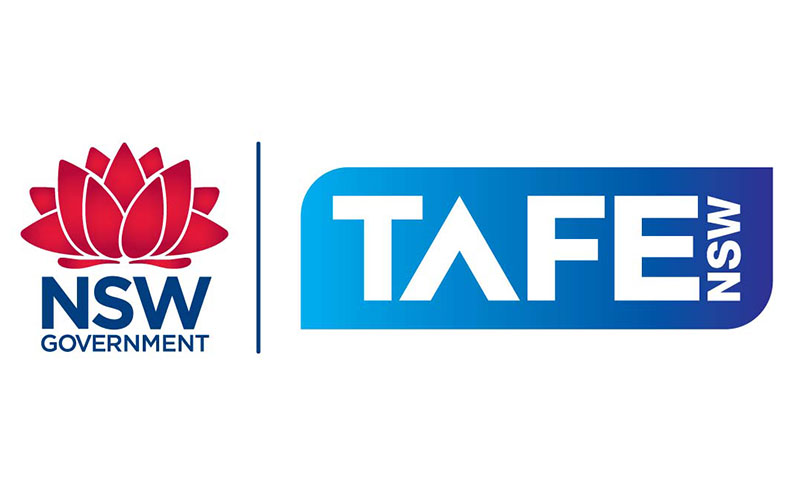Introduction
Social-emotional learning (SEL) programs have gained recognition as essential components of education, focusing on the development of students’ social and emotional skills to promote well-being, resilience, and academic success. By addressing areas such as self-awareness, self-management, social awareness, relationship skills, and responsible decision-making, SEL programs equip students with the tools and competencies needed to navigate life’s challenges and thrive in diverse environments. In this comprehensive guide, we will explore the importance of SEL programs, key components, examples of effective implementation, and the benefits they offer to students and schools.
Understanding Social-Emotional Learning Programs
Definition
Social-emotional learning (SEL) programs encompass a range of evidence-based interventions and curricula designed to promote the development of essential social and emotional skills among students. These programs provide structured opportunities for students to learn and practice skills such as empathy, resilience, communication, problem-solving, and emotional regulation, both inside and outside the classroom.
Key Components
- Self-Awareness: SEL programs help students develop self-awareness by recognizing and understanding their emotions, strengths, values, and goals. Through activities such as self-reflection, mindfulness, and goal-setting, students learn to identify their feelings, strengths, and areas for growth.
- Self-Management: SEL programs teach students strategies for managing their emotions, behaviors, and impulses effectively. By practicing techniques such as stress management, impulse control, and goal-directed behavior, students develop self-discipline, resilience, and self-efficacy.
- Social Awareness: SEL programs promote social awareness by fostering empathy, perspective-taking, and appreciation for diversity. Through activities that explore different perspectives, cultures, and experiences, students develop empathy, respect, and understanding for others.
- Relationship Skills: SEL programs emphasize the importance of building and maintaining positive relationships with others. Students learn communication skills, conflict resolution strategies, and cooperation techniques to establish healthy and supportive relationships with peers, family members, and community members.
- Responsible Decision-Making: SEL programs teach students how to make responsible and ethical decisions in various situations. By considering the consequences of their actions, weighing alternatives, and applying problem-solving skills, students learn to make informed decisions that reflect their values and goals.
Examples of Effective SEL Programs
Second Step
Second Step is a widely used SEL program that provides evidence-based curricula and resources for preschool through high school students. The program focuses on teaching skills such as empathy, emotion management, and problem-solving through engaging lessons, activities, and role-playing scenarios.
PATHS (Promoting Alternative Thinking Strategies)
PATHS is a comprehensive SEL program designed to promote emotional literacy, self-control, and social competence among elementary school students. The program integrates lessons, stories, and activities to teach students how to recognize and manage their emotions, resolve conflicts, and build positive relationships.
RULER Approach
The RULER Approach, developed by the Yale Center for Emotional Intelligence, is an evidence-based SEL program that focuses on teaching students and educators how to Recognize, Understand, Label, Express, and Regulate emotions effectively. The program provides tools, strategies, and resources for integrating SEL into school culture and curriculum.
Benefits of SEL Programs
Improved Academic Performance
Research has shown that students who participate in SEL programs demonstrate improved academic performance, including higher grades, standardized test scores, and graduation rates. By fostering skills such as self-regulation, persistence, and collaboration, SEL programs create a supportive learning environment that enhances students’ ability to succeed academically.
Enhanced Social and Emotional Skills
SEL programs equip students with essential social and emotional skills that are critical for success in school, work, and life. By developing skills such as empathy, communication, and problem-solving, students build healthy relationships, navigate challenges, and make responsible decisions that contribute to their overall well-being and success.
Positive School Climate and Culture
SEL programs promote a positive school climate and culture characterized by respect, empathy, and inclusion. By fostering a sense of belonging, safety, and support among students and staff, SEL programs create an environment where all members of the school community feel valued, respected, and empowered to thrive.
Best Practices for Implementing SEL Programs
- Comprehensive Approach: Implement SEL programs as part of a comprehensive, school-wide approach to promoting social and emotional well-being. Integrate SEL into all aspects of school culture, curriculum, and practices to create a supportive learning environment for all students.
- Professional Development: Provide ongoing training and support for educators to develop their knowledge, skills, and confidence in implementing SEL programs effectively. Offer opportunities for collaboration, reflection, and peer learning to enhance educators’ capacity to support students’ social and emotional development.
- Family and Community Engagement: Involve families and community members in SEL initiatives to create a holistic approach to supporting students’ social and emotional well-being. Collaborate with families to reinforce SEL skills and strategies at home and engage community partners to provide additional resources and support.
Conclusion
In conclusion, social-emotional learning (SEL) programs play a vital role in fostering the social, emotional, and academic development of students. By equipping students with essential skills such as self-awareness, self-management, and relationship-building, SEL programs empower students to thrive in school, work, and life. As schools continue to prioritize the holistic well-being of students, SEL programs remain essential tools for creating inclusive, supportive, and equitable learning environments where all students can succeed.





